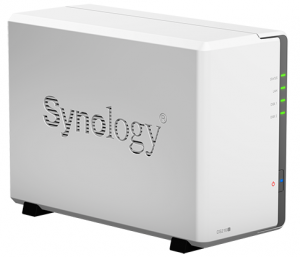Why is getting an I.T. needs Analysis is not just a good idea, but an essential one?

In today’s digital age, technology is the backbone of most successful businesses. But for small businesses, navigating the ever-changing tech landscape can be daunting. This is where regular IT checks come in. Just like a car needs tune-ups, your business technology needs regular assessments to ensure it’s running smoothly and meeting your evolving needs.
Why Regular IT Checks Matter
Here are three key reasons why small businesses should prioritize regular IT check-ups:
- Security: Cybersecurity threats are a constant concern. Regular IT checks can identify vulnerabilities in your systems, outdated software, and weak passwords, all of which leave you open to attacks. IT professionals can recommend and implement security measures to keep your data and operations safe.
- Efficiency and Productivity: The right technology can streamline processes and boost employee productivity. IT checks can identify outdated software that’s slowing you down and suggest more efficient options. They can also ensure your systems are properly configured for your specific needs, eliminating unnecessary steps and wasted time.
- Cost Savings: Small problems left unchecked can snowball into expensive repairs or data loss. Regular IT checks can catch small issues before they become major problems, saving you money in the long run. Additionally, IT professionals can help identify areas where you might be overspending on technology and suggest cost-effective alternatives.
Finding the Right IT Support
Many IT service providers offer flexible plans tailored to small businesses. Look for a provider who understands your specific needs and budget. Regular check-ups can be scheduled quarterly or even annually, depending on your risk profile and how often your technology changes.
Investing in regular IT checks is an investment in the future of your business. By proactively managing your technology, you can ensure it’s working for you, not against you.
Check out our IT needs analysis packages here, all tailored to you and your budget and needs. Needs Analysis.








